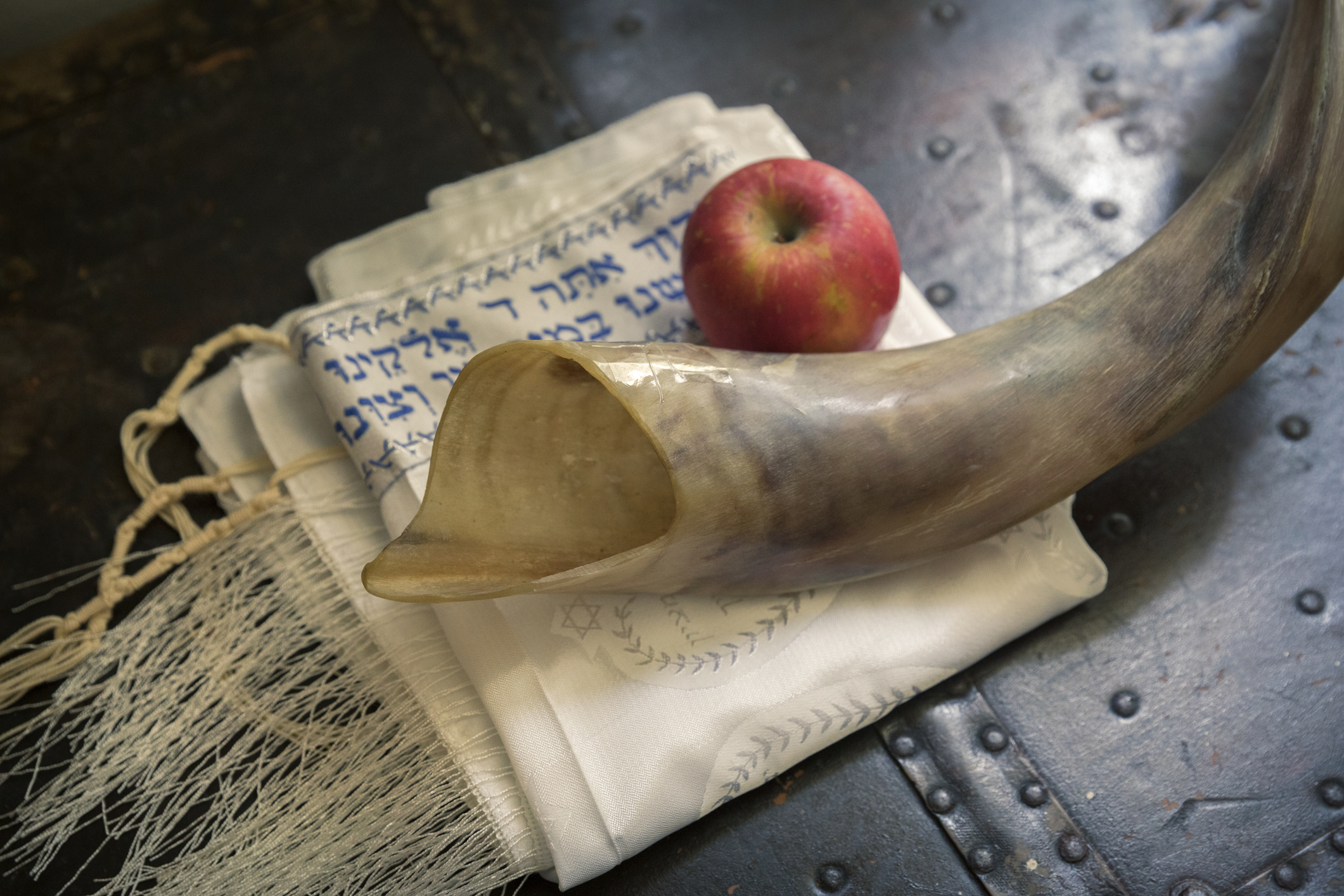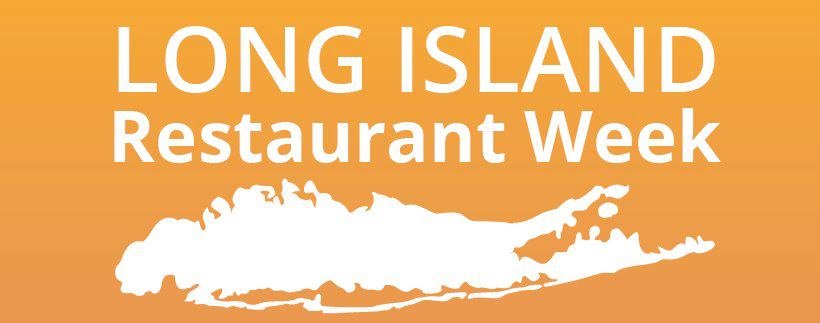Hamptons Soul: Atonement

As we look back at the Jewish High Holy Days in the midst of Shemini Atzeret – Simchat Torah, Father Constantine Lazarakis of the Greek Orthodox Congregation, and Jewish Center of the Hamptons Rabbi Josh Franklin talk about the concept and benefits of atonement and forgiveness.
Father Constantine Lazarakis
As the Jewish High Holy Days conclude this month, we are all, regardless of our religions, given an opportunity to contemplate two spiritual practices central to the Judeo-Christian tradition: repentance and atonement. These words, in recent decades, have taken on a negative connotation and are largely misunderstood. It’s heartbreaking that we don’t understand them on a deeper level, not only because they are central Jewish and Christian practice, but also because they are universally relevant and imperative for spiritual growth. So, let me try to unpack them just a bit.
Repentance: For many, the word conjures images of medieval monks inflicting self-harm and wandering around in hair-shirts. However, the Greek word means to “change one’s mind,” while the Hebrew word means to “return.” Therefore, repentance is not the negative act of beating oneself up for misdeeds. It is the therapeutic action of looking at oneself through the lens of God’s mercy and unconditional love. Sometimes, getting back (i.e. returning) to your truest self is hard work and requires some pain — but it is about a positive change. It’s about getting back to the authentic you, the way your creator intended you to be.
Atonement: This one, too, is misunderstood, often as a kind of cosmic tit-for-tat — retribution that must be paid to reset the big scales in the sky. But in its deepest meaning, atonement can be understood as a reconciliation. It makes whole that which is broken. It brings together those who were alienated.
At the heart of both repentance and atonement is a deep abiding faith in God’s unconditional love and the power of His forgiveness. In a time when admitting fault is so rare, it is good to know that in spite of our mistakes, God still loves us and we can still love one another — we can always repent and atone.
Rabbi Josh Franklin
The etymology of the word “atonement” stems from a contraction of three words “at-one-ment.” The idea behind this etymology suggests that when we reconcile with others, we are “at one” or in harmony with them, with God, and with oneself. During the period of Rosh HaShanah (the Jewish New Year) and Yom Kippur — known often as the Jewish High Holy Days — we explore the concept of atonement at length. In fact, “Yom Kippur” translates to “Day of Atonement.” One of the most useful Jewish tools for achieving atonement is the practice of what Jews call “teshuvah,” often translated as repentance, but really, refers to return to the right path, or returning to one’s truest self.
Yes, atonement requires that we reconcile with others whom we have harmed, but we must first begin with oneself. The great philosopher and theologian Martin Buber teaches that “any conflicts between myself and the other are only expressions of the conflicts in my own soul. I must seek to overcome these inner conflicts to emerge as a transformed person, at peace with myself, so that I may be able to establish new and transformed relationships with my fellow humans.” Of course, this idea runs contrary to how arguments are usually settled. We tend to try to resolve conflicts by arguing with others, believing that the source of the problem is tension in a relationship. Our conflicts with others, though, stem primarily from unresolved inner flaws that manifest as interpersonal conflict. This is why the practice of teshuvah (return to our truest self) plays such a pivotal role in the process of atoning for our sins against others.
One of the greatest ideas of Judaism is that everyone has the capacity to atone for just about any sin, because everyone is empowered with the ability to turn back towards a path from which they have strayed. No matter how far you might wander, the path that you were meant to be on is awaiting your return. You don’t need to be Jewish or to celebrate the High Holy Days to understand that each and every one of us has the capacity to search ourselves to determine where it is that we have the potential to grow. Rosh HaShanah began on the evening of Monday, September 6, and Yom Kippur on the evening of September 15. Visit the website of the Jewish Center of the Hamptons at JCOH.org to learn more about celebrating this season in the Hamptons.



